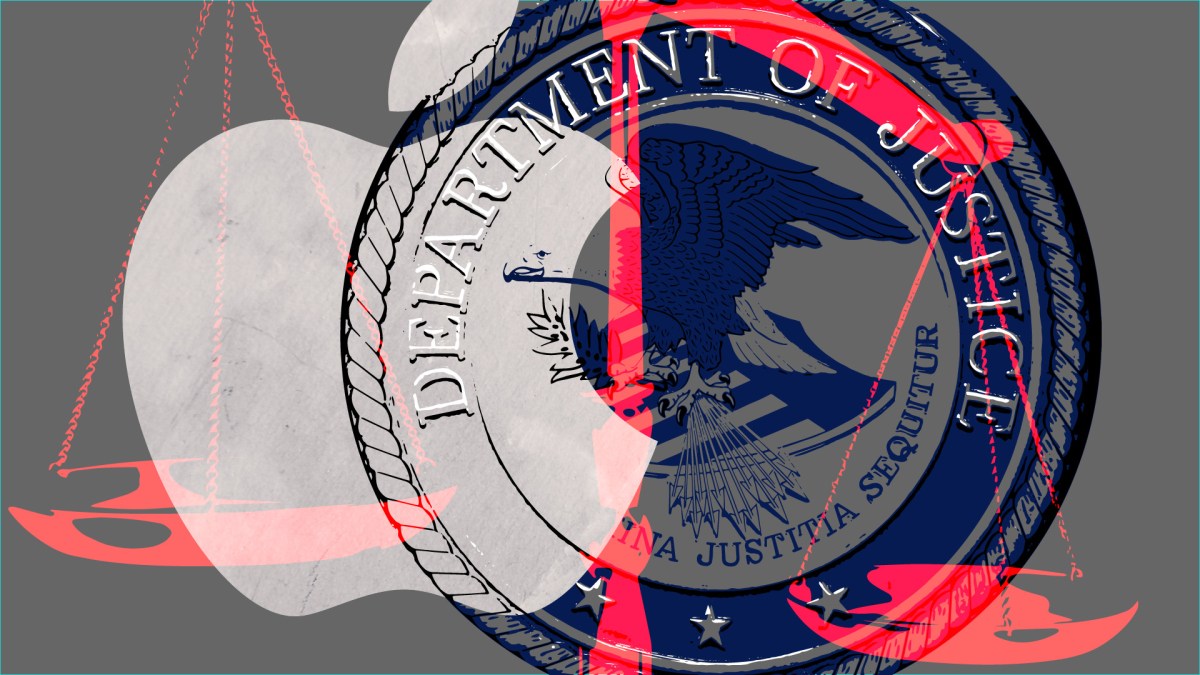The DOJ Accuses Apple of Monopoly Behavior – What It Means for iOS and iPhone Users
Apple’s antitrust scrutiny has intensified with the U.S. Department of Justice filing a lawsuit against the company for monopolistic practices in the iPhone market. This lawsuit, along with global antitrust cases, has profound implications beyond Apple’s ecosystem. We delve into the details of the case, the industry’s reactions, and what it means for both companies and consumers.
We will keep updating this page with the latest on the Apple antitrust case, but a resolution is unlikely in the near future. Experts predict a timeline of three to five years for the case to conclude.
The DOJ’s Allegations Against Apple
If you’re eager to dive into the legal details, you can read the DOJ’s lawsuit here. The complaint outlines five key areas where Apple is accused of stifling competition:
“Super” apps: Apple is allegedly impeding the success of multi-functional apps to maintain iPhone user dependency.
Messaging apps: The DOJ claims that Apple’s iMessage feature discourages users from switching to rival devices.
Cloud streaming gaming apps: Apple is accused of hindering cloud-based gaming options to push expensive hardware sales.
Digital wallets: The DOJ argues that Apple’s control over NFC payments via Apple Pay restricts competition in the digital wallet space.
Smartwatch cross-platform compatibility: Apple’s limitations on Apple Watch functionality with non-iPhone devices allegedly make it costly for users to opt for other smartphones.
Apple and Industry Response
Apple has issued a detailed response to the DOJ’s allegations, asserting that the metrics used exaggerate its dominance and that regulating its practices would harm competition and customer experience. App makers, particularly members of the Coalition for App Fairness, support the DOJ’s enforcement action against Apple’s App Store practices.
According to CAF Executive Director Rick VanMeter, “The DOJ complaint details Apple’s long history of illegal conduct” towards app developers, signaling a unified stance against Apple’s alleged anticompetitive behavior.
Impact on iPhone Users and Future Steps
In the short term, the ongoing legal battle between Apple and the DOJ is unlikely to bring immediate changes. Resolving such cases typically takes years, as seen with the DOJ’s antitrust suit against Google. While comparisons to the Microsoft case from the 1990s are drawn, Apple’s unique market position presents distinct challenges in proving antitrust violations.
For more updates on Apple’s antitrust lawsuit, stay tuned for further developments.


